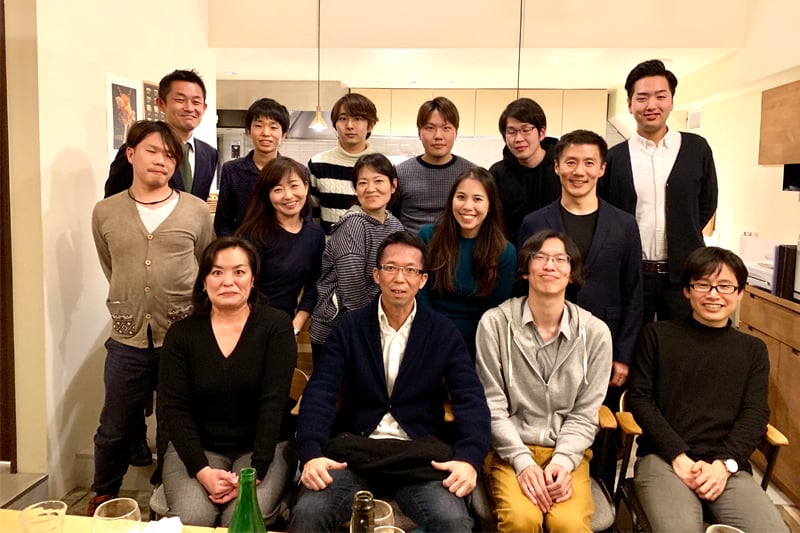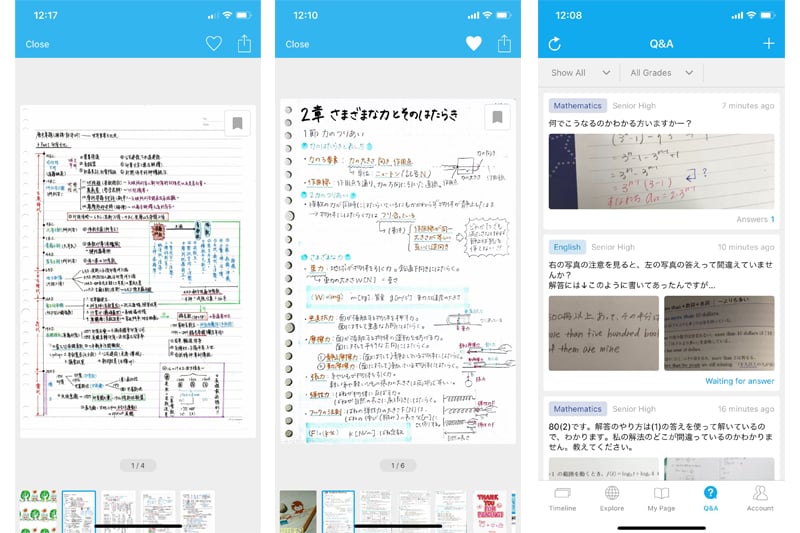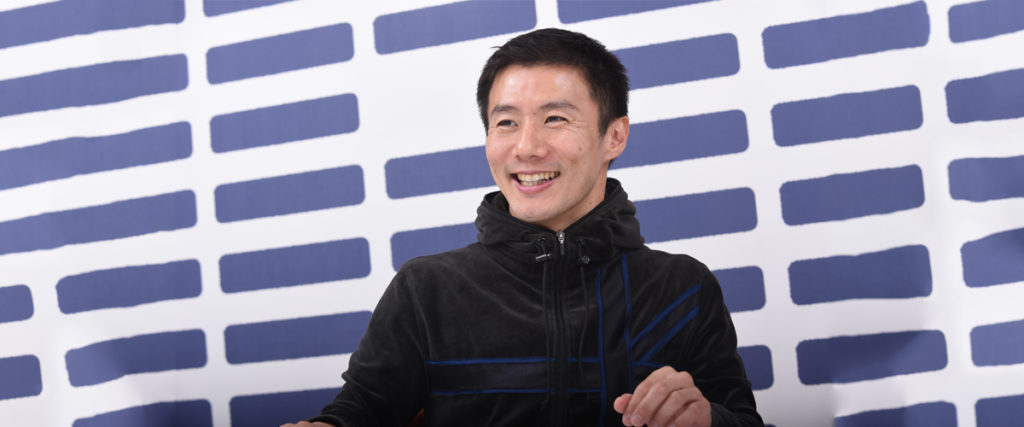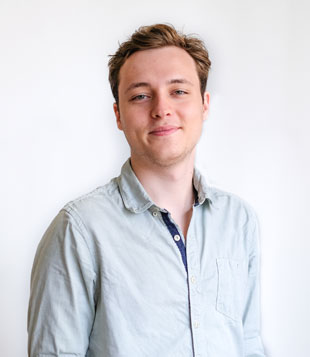Japanese students have been studying the same way for decades. Introducing digital note sharing app Clear to the region, education entrepreneur Goichiro Arai thinks there’s a better way to do it.
All across Asia, there is a growing movement that seeks to address the region’s top-down approach to learning and highly competitive, exam-driven educational culture. In Japan, enough of a groundswell of opinion has formed to make the powers at work rethink how people are taught and the pressure they are put under. By 2020, there are plans afoot to change the way people are examined from purely factual-based testing to one that recognises critical thinking. The changes on the horizon are music to the ears of education entrepreneur Goichiro Arai, Co-Founder and CEO of Arcterus. For the past six years, he has been making the case for a much more collaborative, peer-to-peer approach to learning via his digital note sharing app Clear. Drawing in over two million monthly active users across Asia, and over 500k downloads on Android, he wants to break down the barriers between teachers and students, encouraging a much more collaborative and inclusive way of educating people as he goes.

“I once saw a girl boasting to her friend about how nicely she made her notebook. Her friend was also grateful seeing the notebook, as it helped solve some of her study problems,” explains Goichiro of the moment that sparked the idea for Clear. The impetus to actually create it, however, was delivered in a much more dramatic way. “I was a young Managing Director at a ski resort and I crashed into a tree and got seriously injured. Since I was skiing at the back, no one noticed that I’d had an accident. Not being able to move or say a word to call out for help, I really thought I was going to die there and my biggest regret was not doing something I had always wanted to do,” he recalls. For Goichiro, that thing was to “change the learning experience for students from current passive methods to more active ones.”
You might also like Meet The Robot That Could Be Interviewing You At Your Next Job
Functioning as part note-taker, part social sharing app, Clear aims to be a beneficial resource for both students reading and creating its notes, as people upload their study notes or browse the musings of others. Easily accessed via the smartphone app or web browsers, students simply snap pictures of their notebook pages, modify them with Clear’s tools by adding stickers, for example, and then upload them to the system. On one end, the authors gain peer-based recognition as they would on other social media through likes, rankings, comments and follows, whilst on the other, students reading the notes get free study help. People can search by subject, follow authors they really like, and gather feedback on the way.

“Currently, we have more than 300,000 notebooks shared by students,” says Goichiro with pride, having built an app that is now available in Japan, Thailand, Indonesia, Taiwan and China. “Students can post questions that other students can answer. So far, 500,000 questions have been answered,” he adds. In addition, by letting the students take the initiative, Clear breeds a new type of learning that challenges the status quo: “The innovation we are making with Clear is the decentralisation of education. Clear is a community with no authorised teachers where all users are learners as well as teachers. There is no curriculum, courses or anyone to tell you what to study today. The learning experience starts with an issue or question, followed by proactive help,” says Goichiro.
It all relies on people’s willingness to share notes and support each other. “By providing a mutually supportive community, Clear is helping them study, while also mentally supporting students,” says the entrepreneur, who attributes their success to the thriving – and highly competitive – mainstream education system that surrounds them. “Most of the countries we launched Clear in have intense competition for entrance exams. From that point of view, Clear is well poised to grow in most parts of Asia,” he says. “Both Thailand and Taiwan actually have an even higher penetration rate to students than in Japan.” With plans to grow and a mission he sees as vital, for Goichiro, a new world in which people collaborate to learn and shake off the stress of the classroom together is one worth exploring. “So far, it’s been a very fulfilling life.”
Related Articles
Australian Tech Firm Removify Helps Businesses Fight Fake News
The Japanese Pet Robot Lovot That Will Make You Happier
ORII: The Smart Ring that Promises a Future of Screenless Connectivity





